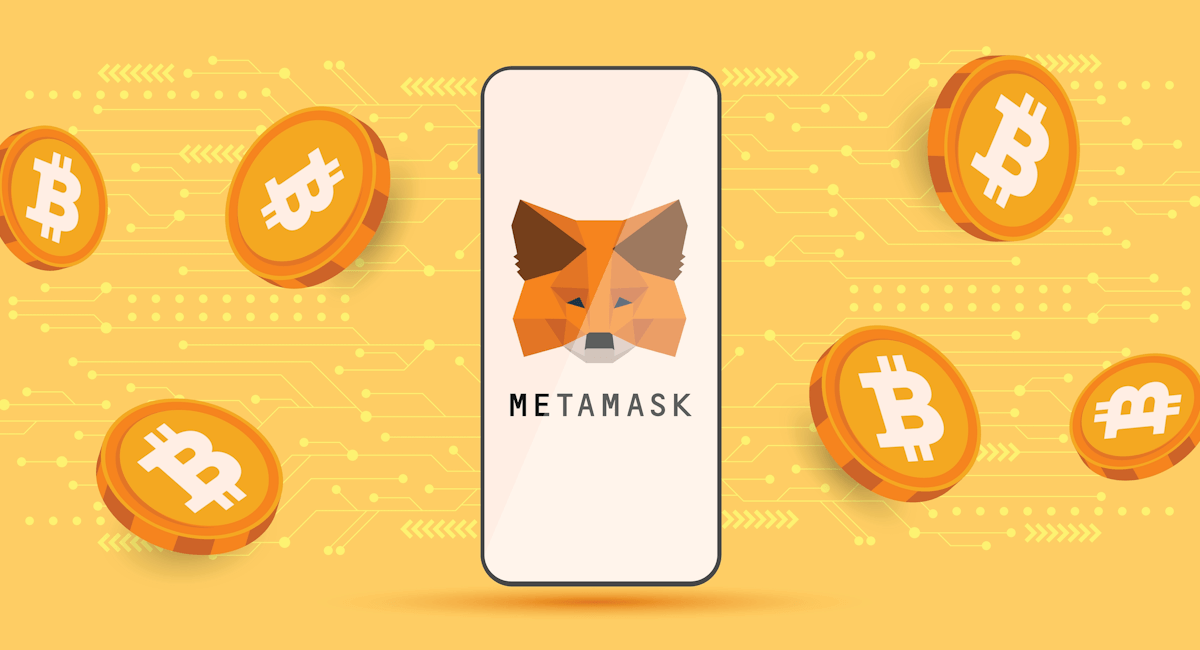Cryptocurrency has revolutionized the way we think about money. Since Bitcoin’s inception in 2009, numerous digital currencies have emerged, each with its unique features and applications. As the crypto world expands, managing and securing these digital assets becomes more crucial than ever Metamask wallet. This is where crypto wallets come in.
What is a Crypto Wallet?
A crypto wallet is a digital tool used to store and manage cryptocurrencies like Bitcoin, Ethereum, and many others. These wallets don’t physically hold your coins in the way a traditional wallet holds cash or cards. Instead, they store your private and public keys—essential components for managing crypto transactions.
In essence, crypto wallets allow users to access and interact with the blockchain, the decentralized network where all cryptocurrency transactions are recorded. With the rise in cryptocurrency popularity, understanding how crypto wallets work and choosing the right one is essential for anyone involved in digital currency.
Types of Crypto Wallets
Crypto wallets come in various types, each designed for different needs and use cases. Broadly, they can be classified into two categories: Hot wallets and Cold wallets.
1. Hot Wallets
Hot wallets are connected to the internet and are often used for quick and frequent transactions. These wallets are usually software-based and come in the form of mobile apps, desktop applications, or online platforms. Popular examples include:
- Mobile wallets: Apps like Trust Wallet, Exodus, and Coinomi allow users to store and manage their cryptocurrencies directly from their smartphones.
- Desktop wallets: Software like Electrum or Bitcoin Core can be installed on personal computers to manage crypto assets.
- Web wallets: Platforms like Coinbase or MetaMask allow users to manage their cryptocurrencies directly through web browsers.
The advantage of hot wallets is convenience and accessibility, as they allow users to access their crypto assets anytime, anywhere. However, their constant connection to the internet makes them more vulnerable to hacks and phishing attacks.
2. Cold Wallets
Cold wallets, on the other hand, are offline storage solutions that offer heightened security. These wallets are not connected to the internet, making them less susceptible to hacking. Cold wallets can be further divided into:
- Hardware wallets: Physical devices such as Ledger Nano S, Trezor, and KeepKey are used to store private keys offline. These wallets are often considered the most secure option for long-term storage.
- Paper wallets: These are physical printouts of a user’s private and public keys, often in the form of QR codes. While paper wallets provide strong offline security, they are susceptible to physical damage or loss.
Cold wallets are typically recommended for users who hold large amounts of cryptocurrency and are not looking to make frequent transactions.
How Crypto Wallets Work
Crypto wallets use cryptographic technology to secure your digital assets. When you create a wallet, a pair of keys is generated:
- Public Key: Think of this as your account number. It is used to receive cryptocurrencies from others.
- Private Key: This is your password and must be kept secret. It allows you to access and manage your assets, and without it, you cannot sign transactions.
When you send or receive crypto, your private key is used to sign the transaction and authenticate it on the blockchain. If someone else gains access to your private key, they can control your crypto, which is why securing your private key is crucial.
Why You Need a Crypto Wallet
Having a crypto wallet is necessary for anyone who wants to participate in the world of cryptocurrency. Without a wallet, you cannot send or receive crypto. Here are some key reasons why a crypto wallet is essential:
- Security: A wallet protects your assets by encrypting your private keys. The more secure the wallet, the harder it is for hackers to access your funds.
- Control: Unlike traditional banks, cryptocurrencies give users full control over their funds. With a crypto wallet, you are your own bank.
- Decentralization: Crypto wallets support decentralized networks, allowing you to operate outside of traditional financial institutions and government control.
- Transactions: Wallets allow you to send, receive, and store cryptocurrencies, and in some cases, even interact with decentralized applications (dApps) and smart contracts.
How to Choose the Right Crypto Wallet
With so many options available, choosing the right crypto wallet can be challenging. Here are some factors to consider when selecting a wallet:
- Security: Look for wallets that offer strong encryption, two-factor authentication (2FA), and backup options.
- Ease of Use: If you’re a beginner, choose a wallet with a simple, user-friendly interface.
- Control of Private Keys: Some wallets give you full control over your private keys, while others do not. Opt for wallets that allow you to keep your keys private.
- Supported Cryptocurrencies: Make sure the wallet supports the cryptocurrencies you intend to use.
- Backup and Recovery: Ensure the wallet offers backup and recovery options in case of loss or theft.
Final Thoughts
Crypto wallets are an essential tool for anyone looking to store, manage, or trade digital currencies. Whether you choose a hot wallet for convenience or a cold wallet for security, it’s important to understand the functionality and risks associated with each type.

